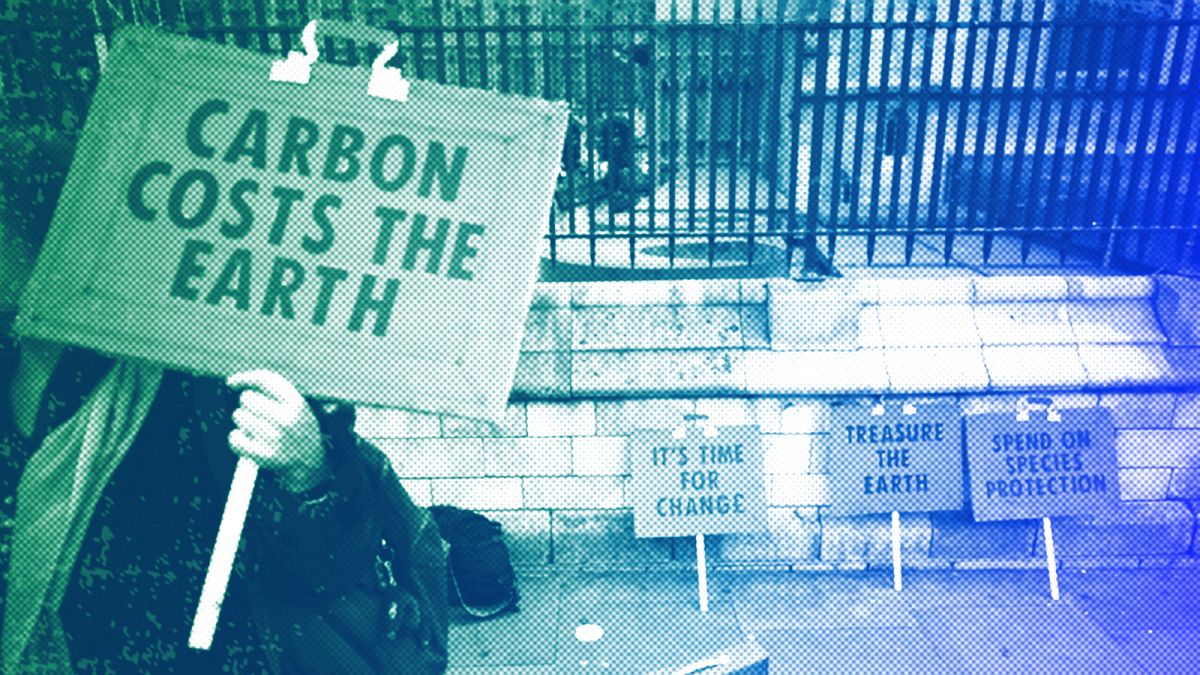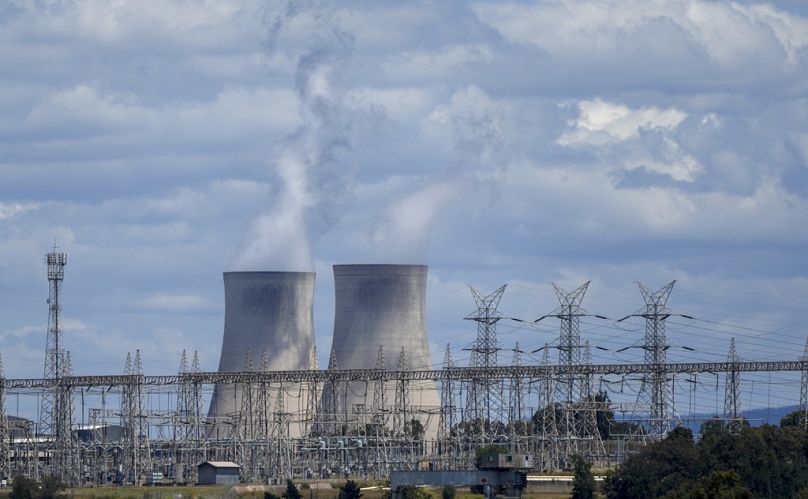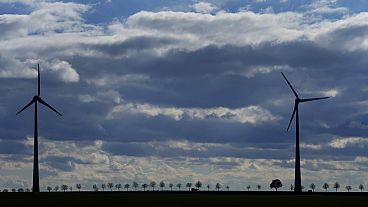A failure of carbon markets now would slow humanity's path to net zero emissions and derail financial innovation in other ecosystem services, María Mendiluce writes.
The carbon finance community recently welcomed the launch of a new code of practice to rebuild trust in “high-integrity” carbon credits, designed to help governments and businesses (or even individuals) accelerate their transition to ‘net zero’ emissions.
Released by the Voluntary Carbon Markets Integrity Initiative (VCMI), this additional guidance enables buyers to make claims more credibly about their use of high-quality carbon credits.
Simultaneously, the Integrity Council for the Voluntary Carbon Market (ICVCM) is addressing the supply of high-quality carbon credits by setting rigorous thresholds around disclosure and sustainable development.
This is especially important given the growing scrutiny of carbon markets in the last year. External accountability is essential and welcome, and new efforts like those of VCMI and ICVCM will help differentiate and validate in the market more robust claims and credits respectively and accelerate climate action.
This is especially important given the scale and urgency of the climate crisis in front of us.
How are carbon credits better?
The fact is that carbon credits – when unique, real, permanent, additional, measurable, third-party verified and carried out alongside decarbonisation efforts – are a cost-effective solution for keeping global climate goals within reach.
A recent report calls this twin-track push “the only approach with a realistic chance of success.” The report also found that the use of carbon credits is associated with deep cuts in corporate emissions.
So how are high-integrity carbon credits better? First, they must be tracked and disclosed, and then validated and verified by independent third parties.
They must also be “additional” (meaning the emission reductions would not have happened otherwise), “permanent” (to avoid the risk of reversals or to have measures in place if those risks are present) and avoid “double counting” (meaning, having the same credit be issued, claimed or used by more than one party).
Lastly, they must ensure that best-practice social and environmental safeguards are in place to deliver positive sustainable development impacts beyond simply reducing emissions.
For buyers, the VCMI code requires them to disclose a set of “validated, science-based near-term emissions reduction targets” as well as to publicly commit to reaching net zero emissions no later than 2050.
In other words, the credits are meant to complement a company’s parallel push of rapidly decarbonising its own operations, not replace it.
A tool to help us keep pace
In fact, recent research from We Mean Business Coalition shows that companies buying carbon credits are outperforming their peers in other forms of climate leadership and action as well.
For instance, voluntary carbon buyers are three times more likely to have an approved science-based climate target than companies that do not engage in carbon markets, and three times more likely to include Scope 3 emissions in their climate targets, which cover the emissions up and down the value chain for which companies are not directly responsible (for example, when consumers use or dispose of products).
Corporate buyers of carbon credits are also almost twice as likely (59% vs 33%) to have reported lower gross emissions year-on-year related to reduced emissions and/or renewable energy consumption than their non-buying counterparts.
In other words, carbon credits help us keep pace with the scale and urgency of the task at hand. An emission reduction happening anywhere has the same mitigation effect since we all share the same atmosphere.
However, some sectors or regions can reduce emissions more easily than others. Other sectors require more systemic changes that, while underway, take time to implement and are out of businesses’ power alone to control.
High-integrity carbon credits are also supporting a range of other positive changes beyond cutting emissions. Take, for example, credits that support “nature-based solutions”, in other words protecting or restoring our natural carbon stocks, including forests and healthy soils.
These schemes can support local incomes, help marginalised communities, and safeguard biodiversity, water quality, and other natural resources.
There's no room for failure
According to UNEP, nature-based solutions are needed to provide up to a third of the mitigation required by 2030 to keep the Paris Agreement target of 1.5°C in reach.
Nature-based solutions can deliver up to 12.5 gigatons of climate mitigation annually by 2030. That’s out of an estimated total of around 62 gigatonnes of total emissions currently released each year.
If every company invested in high-quality, nature-based solutions to address just 10% of their unabated emissions, we would mobilise billions of euros in additional climate finance that could accelerate climate action while helping halt biodiversity loss and infusing much-needed capital into nature conservation efforts.
A failure of carbon markets now would slow humanity's path to net zero emissions and derail financial innovation in other ecosystem services.
As with any new market being developed, the carbon market has experienced some growing pains as it matures, but we must not let perfection be the enemy of the good. Investment in high-integrity carbon credits is an essential component of corporate leadership on climate action.
María Mendiluce is CEO of the We Mean Business Coalition.
At Euronews, we believe all views matter. Contact us at view@euronews.com to send pitches or submissions and be part of the conversation.





